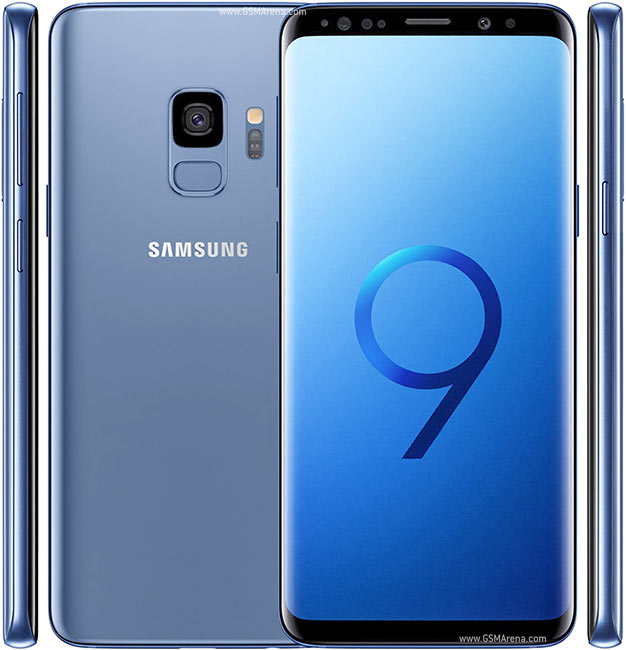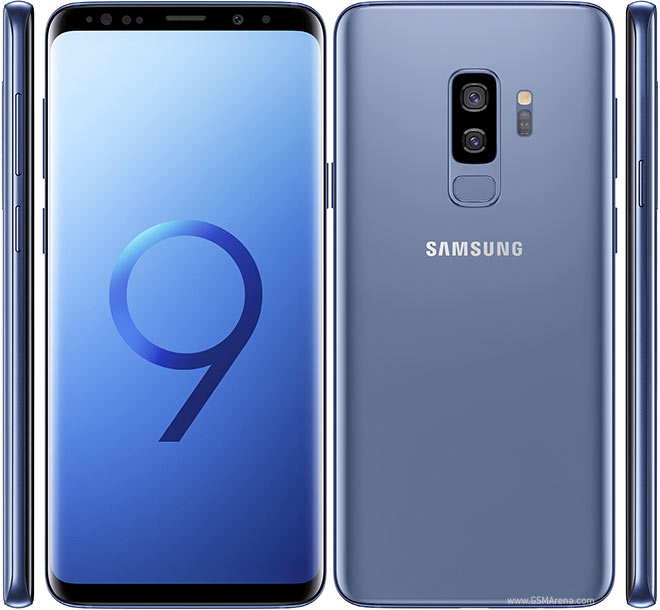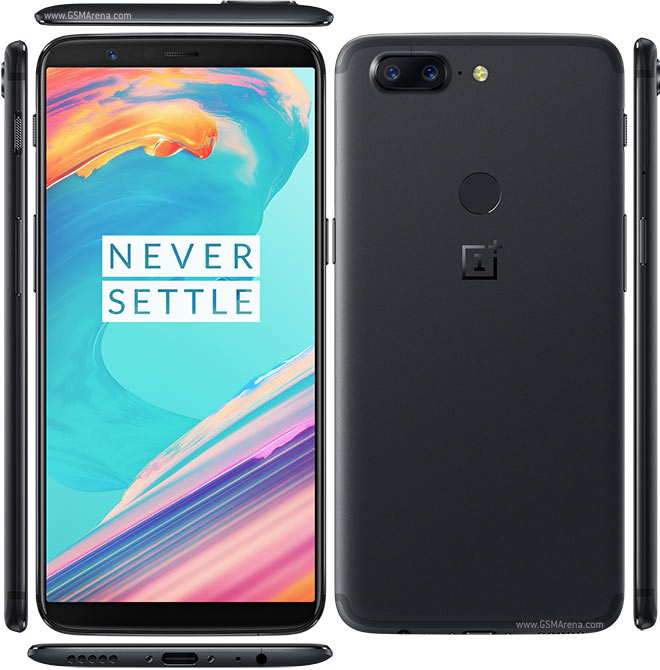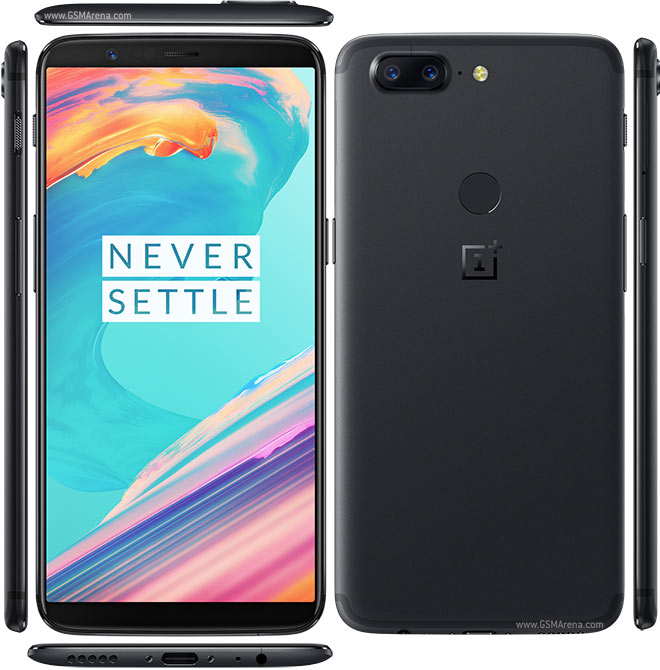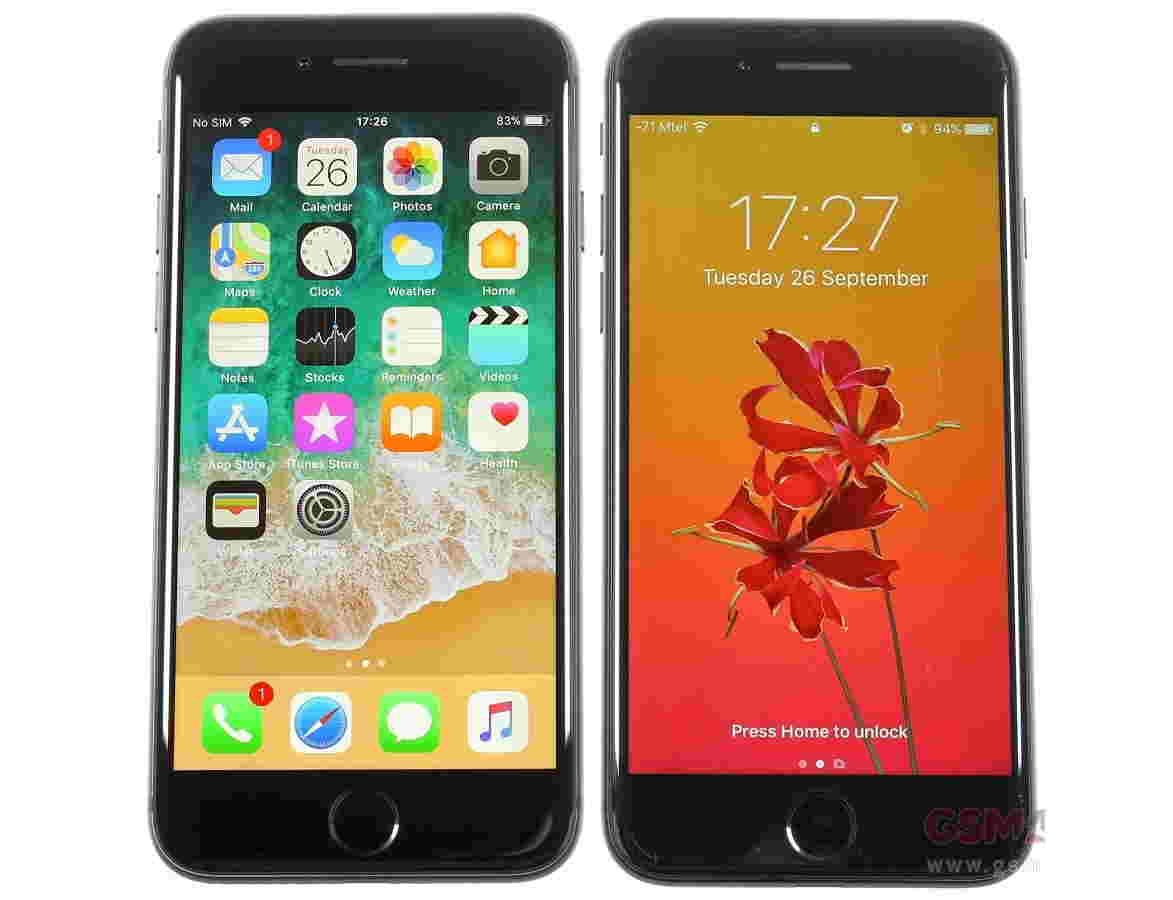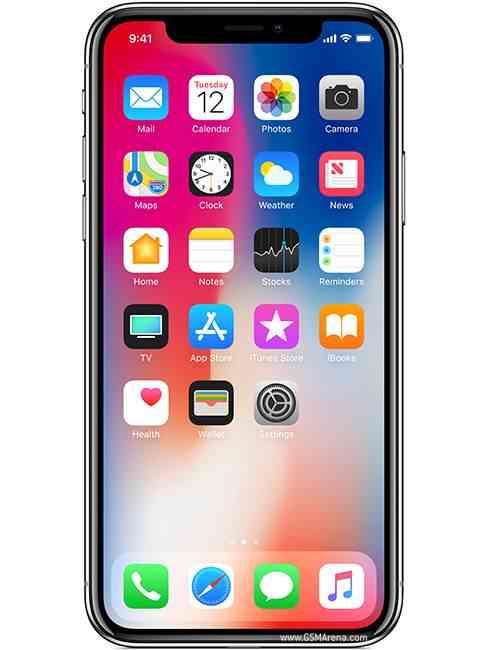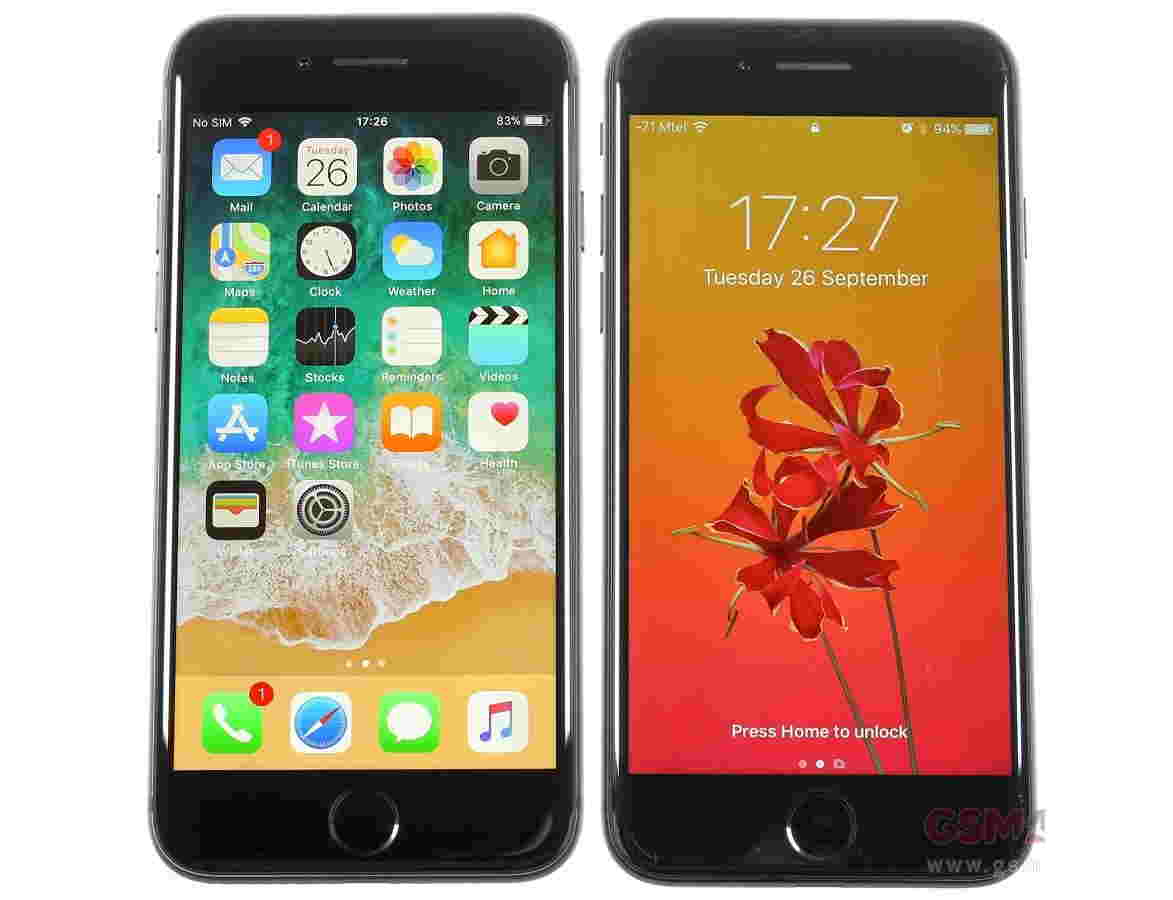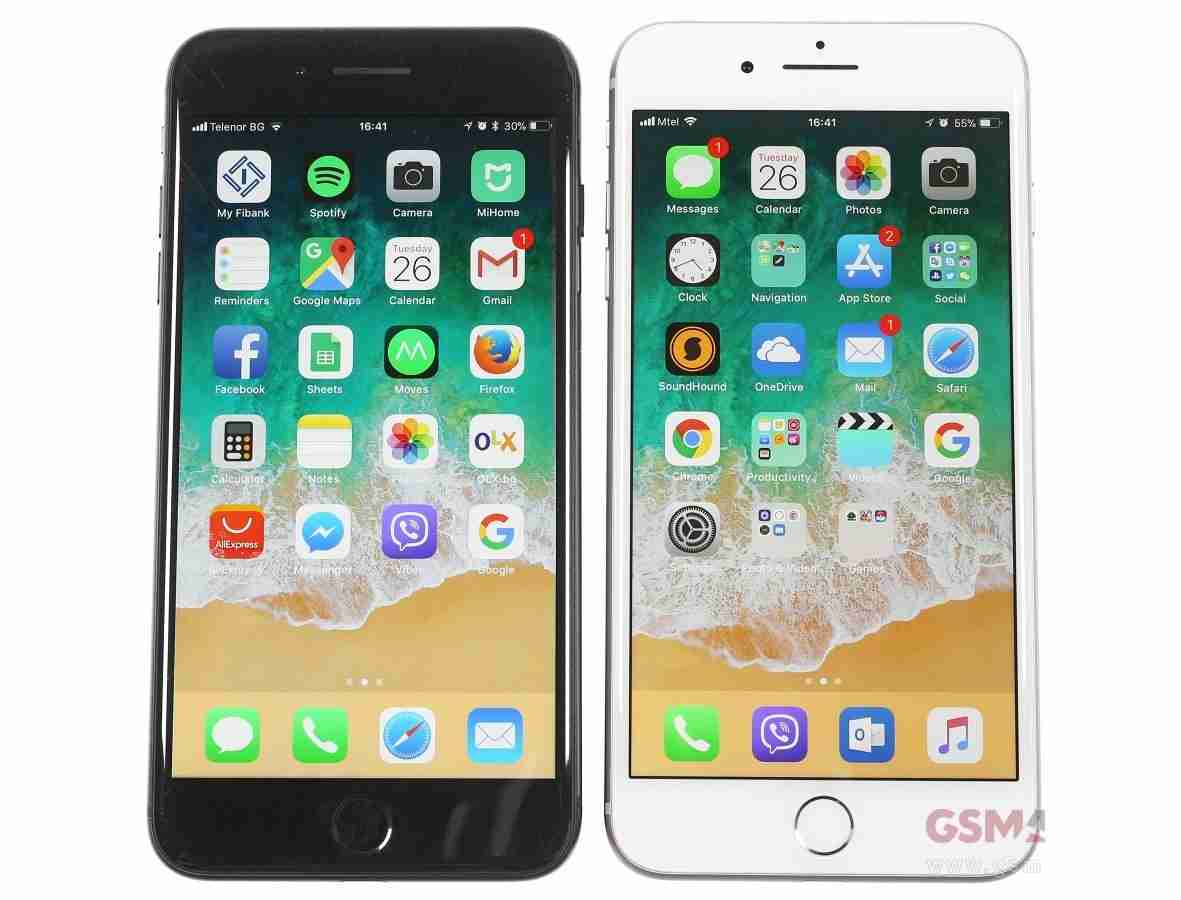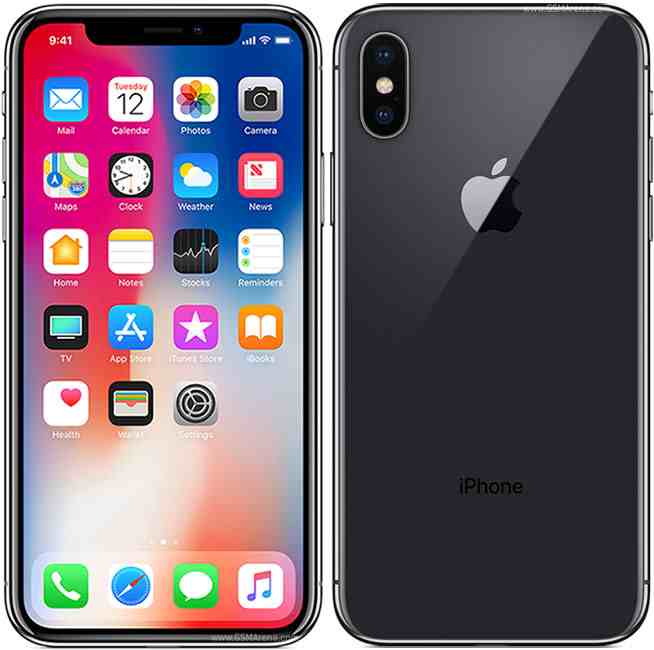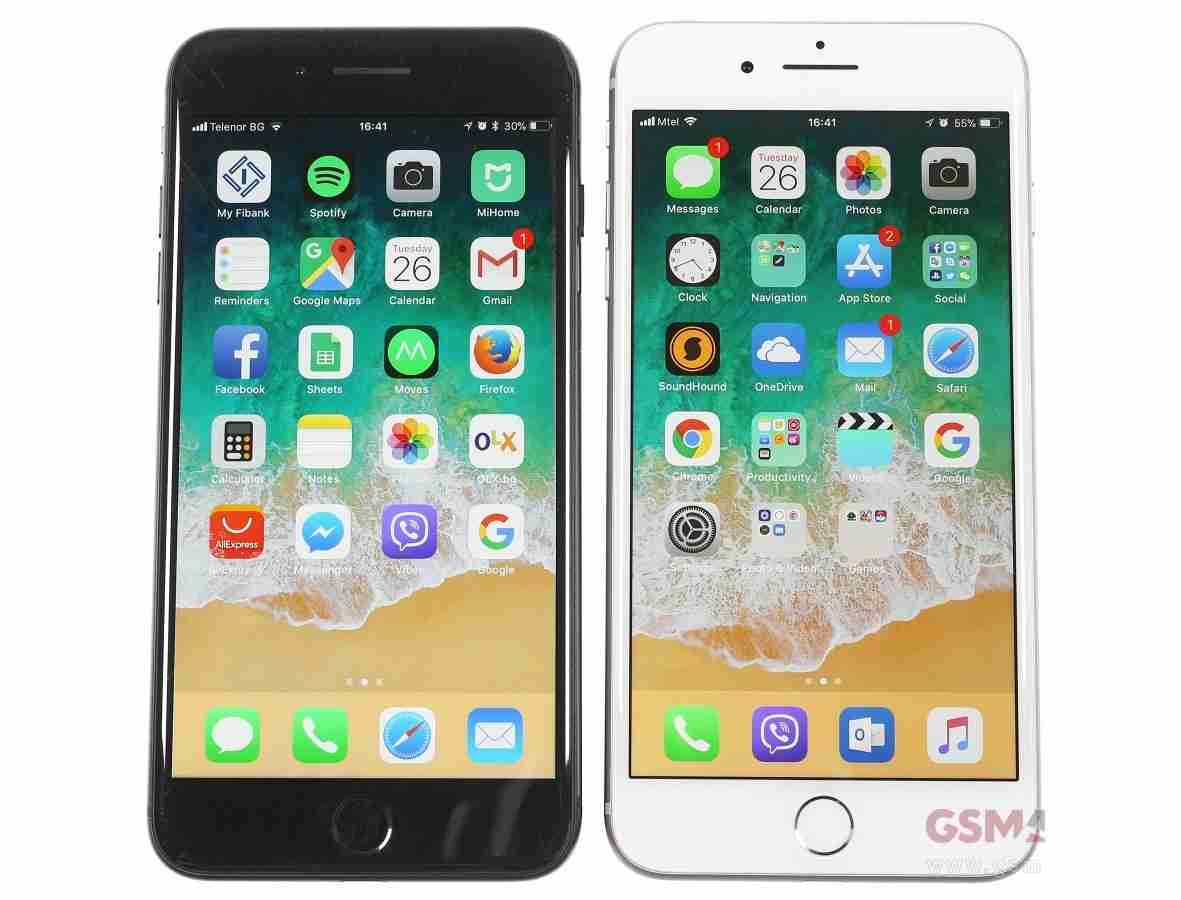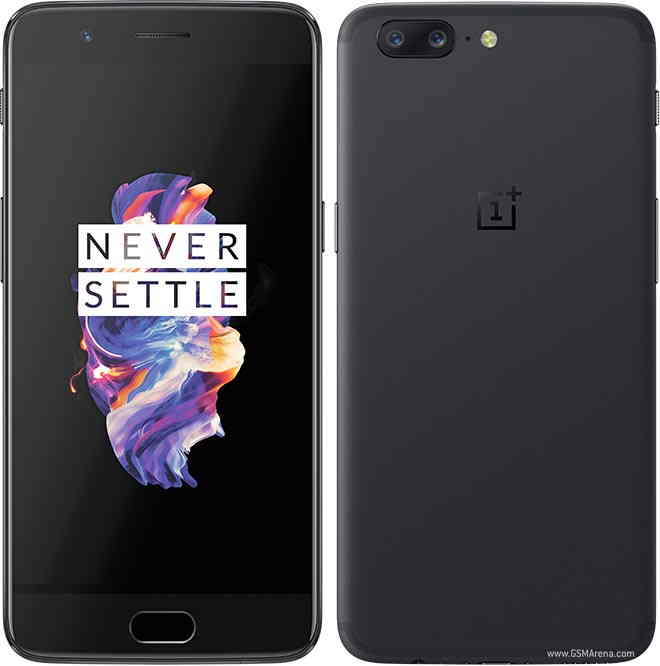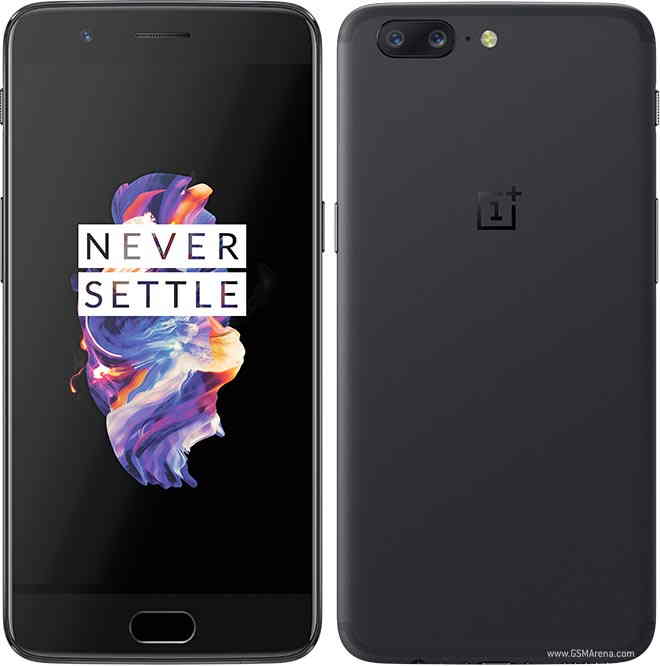MSI Dominator Pro - GT70 2PE Prices
Important Note.
- All prices are in Pakistani Rupee (PKR)
- Prices may vary at stores and our effort will be to provide you with the updated prices.
- The latest price of MSI Dominator Pro - GT70 2PE was obtained on 17 مئی, 2019. The prices at the original stores had been updated on the respective mentioned dates.
- Find out what laptops price has dropped in Pakistan by selecting Notify Price Drop button
- Find out what laptops has better specifications by clicking Add To Compare Button find out what laptops has better reviews by visiting our reviews section
- Find out what laptops is cheaper on which retailer by clicking Compare prices from retailers button
Search Terms
- MSI Dominator Pro - GT70 2PE
Specifications
| Specifications | |
| Series | MSi. Gaming |
|---|---|
| Model | GT70 2PE |
| Operating System | Windows |
| Processor | Intel Core i7 4th Gen |
| Processor Speed | 2.7 Ghz - 3.7 Ghz |
| Processor Cache | 6 MB |
| Screen Size | 17.3 |
| Max Resolution | 1920 x 1080 |
| RAM | 32 GB |
| RAM Type | DDR3 |
| Hard Drive | 1 TB |
| Additional | 5400 rpm |
| OpticalDrive | Multiformat BluRay ROM |
| Drive Capability | Capable of Reading & Writing DVDs and CDs |
| Graphics & Chipset | |
| Graphic Card | nVidia Graphics |
| Graphic Memory | 8 GB Dedicated |
| Graphic Card Detail | NVIDIA GeForce GTX880M |
| Networking & Communication | |
| LAN | LAN |
| Wireless Lan WiFi | WiFi |
| Bluetooth | Bluetooth |
| Webcam | Webcam |
| Other Info | |
| External Ports | |
| External Ports | USB 2.0 & 3.0, HDMI, RJ45 (LAN), Headphone/Mic combo jack |
| Total USB Ports | 5 |
| Dimensions | 428 x 288 x 55mm |
| Weight | 3.9 Kg |
| Brand WebLink | LED, Anti-Glare, Backlit |
| Warranty | 6 Months Myshop Warranty, International / Manufacturer's Warranty |
| Color | Black |
| Availability | On Order (5-10 days) |
Reviews

Introduction and performance
The emergence of efficient components, tiny SSDs and Intel's Ultrabook brand has seen the laptop market shift towards lithe, light machines, but they're still no good if you're a keen gamer. If you want to play new titles at high settings, you still need a chunkier gaming machine – and the MSI GT70 could be one of the most powerful we've ever seen.
That's down to one component: the GeForce GTX 870M. It's the first mobile GPU to emerge from Nvidia's new range, and it supercharges the firm's high-end hardware to return some of the best results we have ever seen from a laptop.
The GTX 870M has 1,344 stream processors, which is one of the largest amounts ever included in an Nvidia mobile GPU, and they're clocked to 941MHz – higher than every enthusiast GPU in the firm's last mobile range. There's GPU Boost, too, so this chip hits a peak of 967MHz.

Nvidia's new Maxwell architecture is currently reserved for the mid-range, so the GTX 870M has Kepler silicon instead. Nvidia specifies this GPU with 3GB of GDDR5 memory, but that's not enough for MSI – it's soldered 6GB of 1,250MHz silicon to this GPU, which is the most we've seen on any gaming notebook.
The Core i7-4800MQ is one of Intel's best mobile parts. It's got four Hyper-Threaded cores clocked to 2.7GHz, and it uses Turbo Boost to tweak all four to 3.5GHz – and one can hit 3.7GHz. In this machine it's paired with 8GB of RAM. Storage is handled by a 128GB Toshiba SSD and a 1GB hard disk.
Dual-band 802.11n wireless is provided by a Killer Wireless-N 1202 chip designed to improve speed and reduce interference, and Gigabit Ethernet comes from the same game-friendly brand. There's Bluetooth 4.0, and a DVD writer – but no Blu-ray.
On the outside, the MSI GT70 is a throwback – and proud of it. It's a huge system that harks back to older gaming laptops, and it's got the sort of loud touches that just aren't found on Ultrabooks these days: a light-up logo on the lid, big metallic speakers, a colourful backlit keyboard and plenty of flashing lights, glossy plastic and brushed metal.
The high-end components mean that the MSI isn't exactly a lightweight. It's 59mm thick when its rubber feet are included, and 428mm wide – and its 3.9kg weight rises by several hundred grams with its power brick. It's a significant piece of hardware.
Thankfully, the heavyweight design is matched with good build quality. The moderate price means this machine is made from a mix of plastic and aluminium, but it's robust, with barely any give in the wrist-rest, base and screen. It's a machine that'll survive life on the road. It's also got plenty of ports: three USB 3 connectors, a pair of USB 2 ports, and three display outputs.
Scandinavian keyboard specialists SteelSeries supply this MSI's Scrabble-tile unit – the same arrangement as on MSI's own slimmer MS70 – and it's a high-quality bit of kit: little give in the base, with light keys, and a consistent action. There's a numberpad, too, and the whole unit is up to the task of strenuous gameplay.
The trackpad's two buttons are large and snappy, so easy to hit during gameplay, and the pad itself is smooth, but we wish it was larger – it's irritating to suddenly hit its edges during intense moments. As usual, with gaming laptops, we'd be using a separate mouse whenever possible.
Only one gaming laptop is larger than the MSI, and it's the 4.6kg Asus G750JX – a monster gaming machine with an Nvidia GeForce GTX 770M GPU.
The Asus isn't the only gaming machine that squares up to the MSI. Gigabyte's best effort is the stunning Aorus X7: a mighty gaming laptop that crams two high-end GPUs inside a surprisingly slim chassis.
The MSI GS70 Stealth is a home-grown machine that tries to offer gaming power inside an Ultrabook-style exterior, and the Toshiba Qosmio X70 is a traditional gaming system – which means it's one of the most extravagant-looking laptops we've ever laid eyes on.
Performance
3DMark:
Ice Storm: 63,839
Cloud Gate: 17,151
Fire Strike: 4,286
Cinebench 11.5:
CPU: 7.51
GPU: 57.78fps
Cinebench R15:
CPU: 660cd
GPU: 84.82fps
PCMark 8:
Home battery test, high performance: 1hr 56mins
Home battery test, balanced: 2hr 38mins
Home battery test, power saver, 40% screen: 3hrs 42mins
Unigine Heaving:
Looping, Extreme, 1080p, simulated gaming battery life: 1hr 7mins
Bioshock Infinite:
Ultra, 1,920 x 1,080: 86fps
Battlefield 4:
Ultra, 1,920 x 1,080: 34fps
Batman: Arkham Origins
Very High, 1,920 x 1,080: 52fps
SSD:
AS SSD sequential read: 497MB/s
AS SSD sequential write: 271MB/s
The GT70 backs up its impressive specification with stupendous performance. The MSI scored 4,286 in 3Dmark's toughest Fire Strike test. The MSI's closest rival, the Gigabyte Aorus, scored 4,220, but every other laptop here was around 1,000 points behind – or worse.
This system's theoretical prowess transferred to real-world tests. We ran BioShock Infinite at its highest settings and Full HD, and the MSI averaged 86fps, more than 30 frames faster than the dual-GPU Gigabyte. The MSI went on to average 34fps in Battlefield 4's top settings, and then 52fps in Batman: Arkham Origins. This machine has the power to run today's top games without breaking a sweat – and, suffice to say, no other laptop got close.
The processor was no less impressive. The MSI's Cinebench score of 7.51 points is similarly dominant; the GT70's nearest challenger is the Asus, which scored exactly 7 – and few other machines could get beyond 6 points.
Gaming laptops aren't known for their longevity, and the MSI lived up to this stereotype. It lasted for just 1hr 56mins in PC Mark's Home battery test, with this figure improving to just north of three and a half hours with Power Saver mode activated, and with the screen dimmed. We looped the Unigine Heaven benchmark to simulated gameplay, and the MSI ran out of juice after barely an hour – a deeply mediocre result.
The Toshiba SSD rattled through the AS SSD sequential read test at 497MB/s, which is an excellent result – only the best drives hit 500MB/s. The drive's sequential write pace of 271MB/s was less impressive though: three times as quick as many hard disks, but average for an SSD. The 1TB hard disk in this laptop is generous, but we still wish the SSD was larger – after a couple of game installs it began to feel cramped.
The MSI's major components are chilled by chunky heatsinks and a sizeable fan, but that cooling is clearly required: both CPU and GPU almost hit 90°C in stress-tests, which is around ten degrees short of the level where chips will start to throttle – or worse. The heat is ejected from two vents at the back-left corner, so they don't interfere with a user's lap or his hand if they're using an external mouse – and the keyboard doesn't heat up, either.
The high temperatures were accompanied by high noise. When demanding games were played, the single fan inside the GT70 churned out an obvious low rumble – it'll be drowned out by games played with the MSI's speakers, but we'd still deploy headphones.
Gaming laptops need good audio, so we're pleased that MSI's collaboration with Danish specialists Dynaudio didn't disappoint. The volume level is higher than most other gaming notebooks, and the balance is right: a snappy high-end, a chunky, powerful mid-range, and decent bass underpinning the lot. The bass doesn't overpower the rest of the audio – if anything, we wish there was a little more.
The 17in TN screen has the right resolution for gaming – 1,920x1,080 – and its test results look good. The brightness level of 343 nits is excellent, level with the Toshiba Qosmio and better than the other MSI, and the black level of 0.29 nits is equally impressive – anything below 0.3 nits is good, and it results in deep, inky black levels.
The contrast ratio of 1,191:1 is better than MSI's own GS70 and almost twice as good as the Toshiba, and the MSI's screen has rich colours throughout. There's nothing to worry about when it comes to colour coverage – an 83.3% sRGB level is fine, especially for a machine not designed for work.
It's not a clean bill of health. The deepest black levels are crushed, so it's difficult to distinguish between different shades – potentially problematic in atmospheric games. The Delta E of 7.2 is average, too, and the MSI's panel isn't a touchscreen. It's matte, but the low-reflectivity layer adds a little grain. Nevertheless, the high contrast, punchy colours and deep blacks still mean the GT70 has one of the best screens for gaming on any laptop.
Most of the underside is made of one removable panel, and underneath there's a wealth of space: two full-size mini-PCI Express sockets – a third is used for the SSD – and two empty DIMM slots that can accept an extra 24GB of memory. The hard disk is in a removable caddy, and the two large heatsinks and single fan can be easily removed for cleaning.
Verdict
MSI's latest gaming laptop has got it where it counts, with stunning benchmark results from its brand-new graphics card and premium processor. The GT70 impresses elsewhere, too, with a screen that's got the punch and depth for high-end games. Its speakers and keyboard are good, too, but this machine also suffers from many of the issues that afflict other gaming machines – a high weight and a short battery life.
We liked
There's no disputing the MSI's sheer power, as no other machine could touch the GT70's results in our games tests thanks to Nvidia's latest high-end mobile GPU. If you want a laptop to play the latest games without quality compromises, this is the machine to buy.
It blitzed our processing benchmarks, too, and the screen is good: it's got the right resolution for games, it's got huge contrast, top-quality brightness and a deep black level.
The GT70 has punchy, powerful audio, a good keyboard, and responsive trackpad buttons that aren't short of the feedback and speed of dedicated gaming mice.
We disliked
There are no game-breaking issues here; instead, the MSI is affected by several smaller problems.
The trackpad is a little small for our tastes, especially for gaming, and the SSD isn't the best – its read speeds are good, but its write pace is merely average – and it could be a little larger.
The battery life isn't great, either, although we anticipate poor longevity from gaming laptops. Similarly, the MSI GT70 is huge – fine for lugging between rooms or taking to LAN parties, but not truly portable. This machine also creates plenty of noise, although that's not a problem if you're wearing headphones.
None of these problems are enough to dissuade us from recommending this machine, but they're worth bearing in mind depending on how you're going to use this machine.
Verdict
The GT70 is the fastest gaming laptop we've ever seen but, despite its speed, it's no pricier than the competition: its £1,299 price is in the same ballpark as the Asus, it's barely more than the slimline GS70, and it's cheaper than the Gigabyte and Toshiba laptops.
None of the MSI's rivals address all of the minor issues that affect the GT70, and all of them are slower. If you need a brutish gaming machine and you're more concerned with benchmarks than batteries, then this is the best gaming notebook on the market.
Write Your Own Review
My Recent Reviews
- Be first to post review for this product.
comments powered by Disqus




.jpg)
.jpg)
.jpg)
.jpg)


.jpg)
.jpg)
